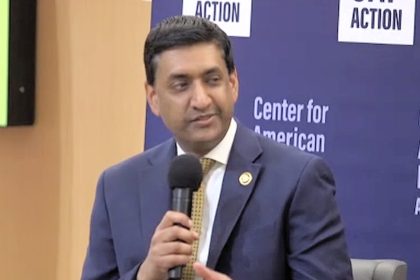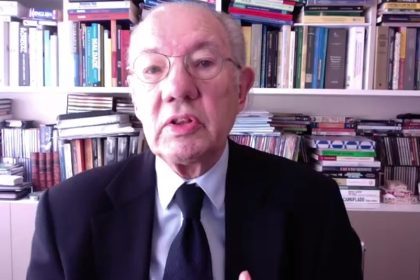Fiduciary Duty Rules Need Clarifying Says Urban Institute

WASHINGTON- The rich might be able save the world, but only if they focus on using their investments to change power dynamics, and they may need a little help from regulators, according to a new study from the Urban Institute.
The study said that if federal regulators would clarify the rules around the legal limits of “fiduciary duty,” the term for what financial professionals legally owe their clients, it could encourage more philanthropic investing.
Clarifying the rules around fiduciary duty, the report said, would allow fund managers to better grasp what they owe to investors and shareholders, as well as to know how factors such as lived experience can be included in assessing the long-term risks of an investment.
The study, “Power Shifting as a Form of Impact,” made several recommendations for focusing investors’ efforts to improve society, which the author claims will allow for the use of private capital in a way that might create social benefit for the country by fighting off inequality. Investors need to actively leverage their power to undo existing power hierarchies and to decrease racial inequality if they want to deliver on promises to change the world through investing, the report said.
Coronavirus has focused attention on racial and income inequality, especially as scholars say that the pandemic has made the consequences of systemic racism feel more pressing. Ruqaiijah Yearby and Seema Mohapatra of Saint Louis University’s School of Law, for example, have argued that the federal and state response to the coronavirus has lowered the access of racial and ethnic minorities to health care and increased the number of deaths for these communities, priming inequality to grow worse in the coming years.
The pandemic has also raised questions about whether attempts to use private capital to create societal change will, or even can, fix the structural problems perceived by scholars like Yearby and Mohapatra.
The Urban Institute study specifically looked at “impact investing,” a form of investment that tries to encourage social or environmental change in addition to financial gains. The concern with this type of investment follows the wide acceptance of “sustainability,” which tends to emphasize the social and environmental impacts of corporate practice in addition to the usual business incentives that drive investors. Harvard Business Review has argued that investors are in the middle of a shift, an “investor revolution,” where private financiers have moved to embrace sustainability and other public-spirited practices.
This sort of investing, which blurs private and public interests, has a long and mixed history, according to another recent Urban Institute study.
Critics of impact investments point with skepticism to the history of dramatic, Silicon Valley-style promises about how the rich can save the world and eradicate the world’s problems, and they can point toward drastic failures such as the Indian government’s decision to shut down microfinancing in the Andhra Pradesh province after a rash of suicides in 2010, which were blamed on repayment practices. They also express concern that the shift may be more “hype” than meaningful action.
According to the second Urban Institute study, “Impact Investing and Critiques of Philanthrocapitalism,” reproofs of impact investing fall into four main arguments. First, that the commitments are all talk, calculated to look good but do little. Second, because private capital represents already powerful interests it cannot cause the necessary change, which would require changing that dynamic. Third, as a tool of private interests, investors hurt the public interest and are not democratically accountable. And finally, fourth, since capital is apolitical it avoids the political fight that would resolve the clash of interests that drives these problems.
Investors themselves, the first Urban Institute report said, need to think about shifting power dynamics if they want to deliver on their promises to change the world and not just offer empty chatter.
The report also offered policies for the federal government to encourage the use of private capital for fighting inequality, including allowing government-run programs like the Small Business Association and the U.S. Department of Agriculture to mandate “participatory investment processes,” which would allow them to “lead by example.”
The studies were published by the Urban Institute, a DC-based think tank.























